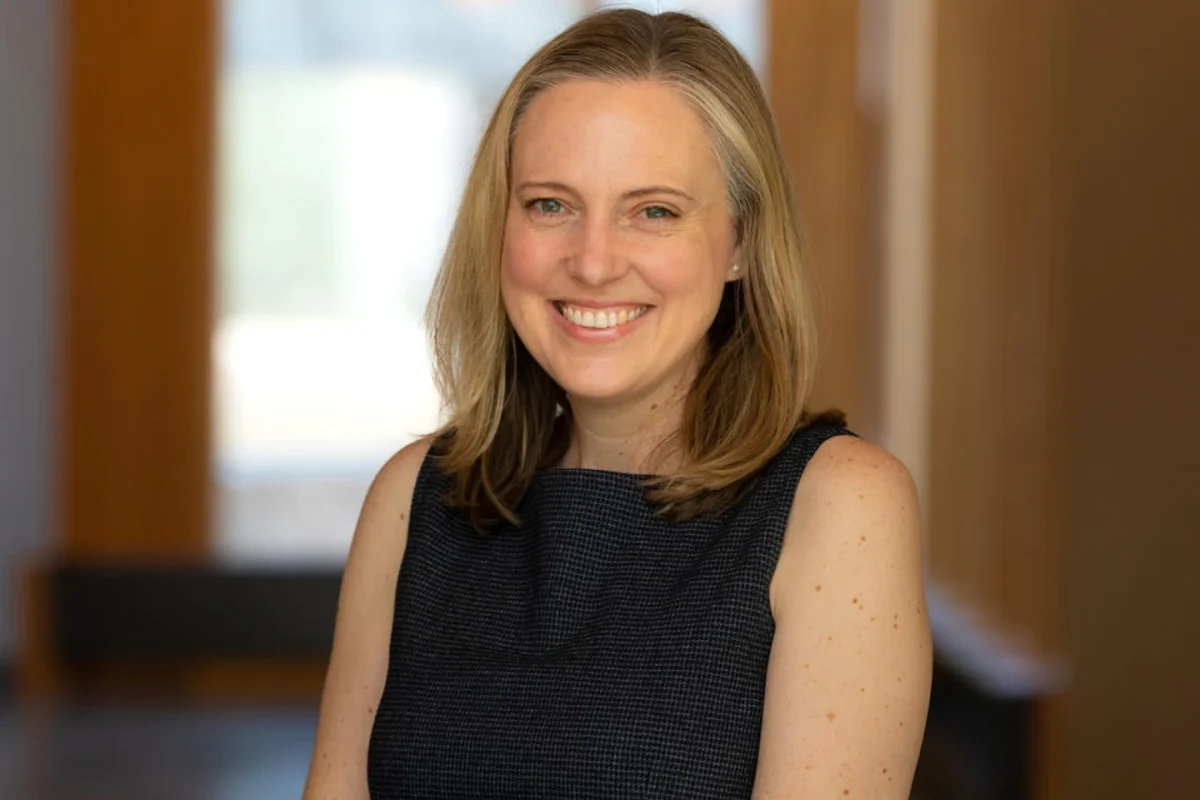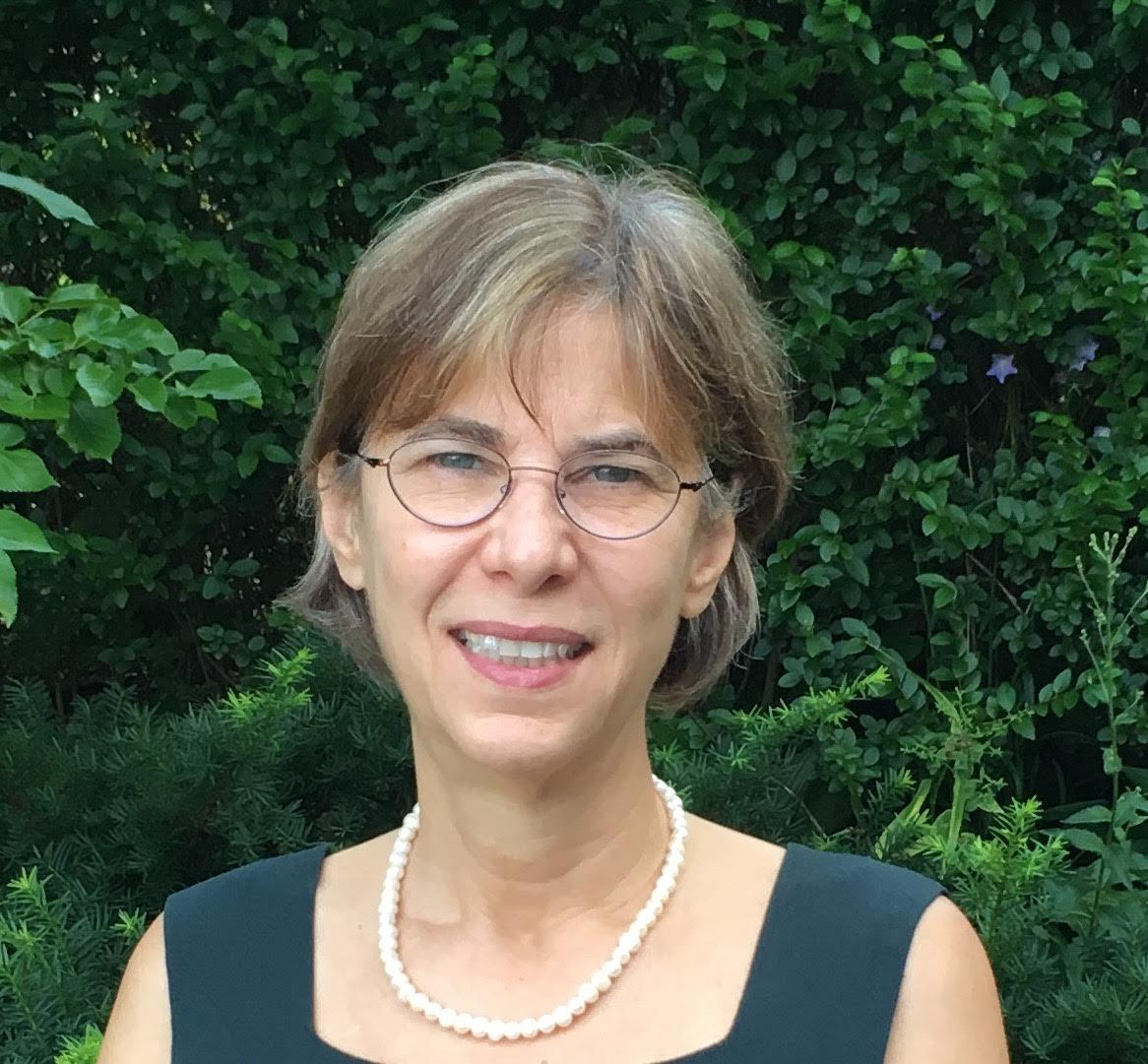Newly appointed provost and Lia Gelin Poorvu ’56 Dean of the College Courtney Coile is no stranger to Wellesley; she’s been in the economics department as a faculty member for 24 years, earned the title of Stanford Calderwood Professor of Economics, and has a lot of experience with Wellesley students. But in her new position as provost, she hopes to continue to create a positive and welcoming environment for faculty and students.
While a professor, Coile served on faculty boards and worked on managing the academic structure of the college with other faculty. She explained that she’s really moving into a college service role full-time with this new position, and she said, “in terms of my focus for this year, this position has a very big portfolio, and listening and learning is really the focus.” She said she’s also responsible for building relationships with other faculty, administrators and students, and that she works closely with various deans to make important decisions about the college. She said the provost is responsible for a wide range of daunting tasks — budget decisions, hiring within academic departments, research and long-term academic planning — and that it is a collaborative effort to keep things operational.
Something Coile is focusing on in the upcoming year is the relationship between academics and artificial intelligence. She said that as AI emerged onto the educational scene in recent years, different institutions have been grappling with how it should influence the student experience. She explained, “We just really want to be thinking about what we’re doing as a college to prepare students to live and work in a world with AI.” But AI is not the only thing Coile is interested in emphasizing this year; she is also focused on fostering a more open and respectful campus environment.
“Something I know the President has spoken about that I agree [with is] that, you know, we really need to be thinking about ways we can support having a respectful campus where everybody who’s a member of our community can really be free to share their views,” she stated.
She pointed to the Hillary Rodham Clinton Center as an exciting program focused on democracy which gets students “to think about their role as people who are recipients of information, owners of information, and communicators of information.”
When asked about the changing academic requirements, Coile said that the changes were part of a very thought-out academic process. She explained that the decision to add an experiential component to the distribution requirements was passed in Academic Council this year, and will apply to the incoming class of 2028 and beyond. She said that “one of the important things about that requirement, and that we talked about when we were passing it, is that a huge fraction of our students — I believe it’s over 90% — are already doing things that would count towards this requirement.”
Coile points out that activities like internships, programming like the Albright Institute and the Hillary Rodham Clinton Center, and even certain courses can count towards the component. She said there will be a designation on the transcript for future employers and schools to see that students are now incorporating that experiential learning into their education.
When asked how students could find these opportunities, and if there would be an increase in resources to help students with these new requirements, she explained, “The college has a lot of funds that are available for internships, and so I would certainly direct students who are interested in that to our wonderful Career Education office, because they can really help identify specific opportunities, both for funding and for positions that are a good match to students’ interests.”
She mentioned that taking into account the burden this could have on students was an important consideration, and the Council ultimately decided that students could satisfy this requirement in a variety of ways over their time at Wellesley.
In regards to the potential dropping of the multicultural requirement, Coile says that it is still in discussion within the Committee on Curriculum and Academic Planning (CCAP), which has a mix of students and faculty in the constituency. She noted that, at this time, there is no solidified plan to change the requirement, but there is an ongoing process concerning assessment of the overlay distribution requirements.
Coile also discussed academic funding, and said the process for making salary determinations and tenure decisions starts from the bottom up. She pointed out faculty doesn’t often change year-to-year, and that the Budget Advisory Committee makes salary decisions based on a wide variety of factors, including past standards. When asked about how the new union WOAW-UAW changed the way salaries were decided, she explains that there is an “exclusive representative of the non-tenure-track faculty … and so … matters that have to do with the terms and conditions of employment are negotiated between the union and the college.” She said, however, that contracts will take an extensive amount of time to negotiate, and so it’s no surprise that the decisions are still in the works.
Provost Courtney Coile may not be new to Wellesley, but she said she has already seen a new side to Wellesley as she stepped into her role. She said because of all the new interactions she’s had as provost, she had “come away just even more deeply impressed by our amazing faculty and staff and their commitment to our students, and how all these different pieces really contribute to the academic program.”
Image Credit: Lisa Abitbol
Contact the editor(s) responsible for this: Diya Khanna and Phoebe Rebhorn







